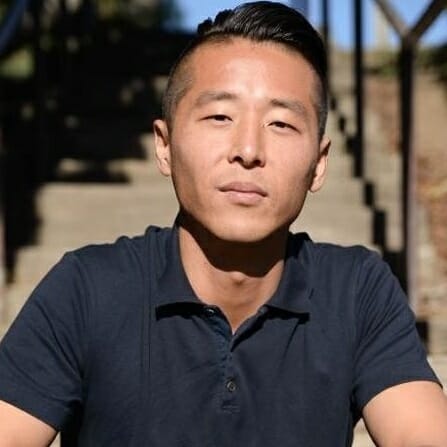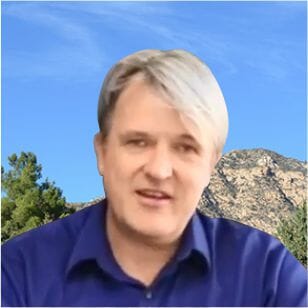1. Ge, L., Yap, C.W., Ong, R., Heng, B.H. (2017). Social isolation, loneliness and their relationships with depressive symptoms: A population-based study. PLoS ONE 12(8): e0182145. [cited 2024 April 9]
2. Fava, G. A. (2020). May antidepressant drugs worsen the conditions they are supposed to treat? The clinical foundations of the oppositional model of tolerance. Therapeutic Advances in Psychopharmacology, 10 [cited 2024 April 9]
3. Ang, B., Horowitz, M., Moncrieff, J. (2022). Is the chemical imbalance an urban legend? An exploration of the status of the serotonin theory of depression in the scientific literature. SSM-Mental Health, 2, 100098. [cited 2024 April 9]
4. Pandi-Perumal, S. R., Monti, J. M., Burman, D., Karthikeyan, R., BaHammam, A. S., Spence, D. W., … & Narashimhan, M. (2020). Clarifying the role of sleep in depression: A narrative review. Psychiatry research, 291, 113239. [cited 2024 April 9]
5. Marques, A., Marconcin, P., Werneck, A. O., Ferrari, G., Gouveia, É. R., Kliegel, M., … & Ihle, A. (2021). Bidirectional association between physical activity and dopamine across adulthood—A systematic review. Brain sciences, 11(7), 829. [cited 2024 April 9]
6. Parker, G. B., Brotchie, H., & Graham, R. K. (2017). Vitamin D and depression. Journal of affective disorders, 208, 56-61. [cited 2024 April 9]
7. The Pharma Journal. (2023). Low glycemic index foods: A way to enhance healthy lifestyle and disease management. [cited 2024 April 9]
8. Yang NN, Lin LL, Li YJ, Li HP, Cao Y, Tan CX, Hao XW, Ma SM, Wang L, Liu CZ. Potential Mechanisms and Clinical Effectiveness of Acupuncture in Depression. Curr Neuropharmacol. 2022;20(4):738-750. doi: 10.2174/1570159X19666210609162809. PMID: 35168522; PMCID: PMC9878952. [cited 2024 April 9]
9. Hofmann, S. G., Andreoli, G., Carpenter, J. K., & Curtiss, J. (2016). Effect of Hatha Yoga on Anxiety: A Meta-Analysis. Journal of Evidence-Based Medicine, 9(3), 116–124. [cited 2024 April 9]
10. López-López JA, Davies SR, Caldwell DM, Churchill R, Peters TJ, Tallon D, Dawson S, Wu Q, Li J, Taylor A, Lewis G, Kessler DS, Wiles N, Welton NJ. The process and delivery of CBT for depression in adults: a systematic review and network meta-analysis. Psychol Med. 2019 Sep;49(12):1937-1947. doi: 10.1017/S003329171900120X. Epub 2019 Jun 10. PMID: 31179960; PMCID: PMC6712954. [cited 2024 April 9]


 While you might hear about drugs that are promoted for treating depression, they are frequently ineffective and can even cause worse symptoms than those you have now. Holistic depression treatment avoids the use of antidepressants. When you start a holistic treatment approach to your depression, a wide approach to your treatment will address the various aspects of your life. You can take action and promote changes to your physical, mental, spiritual, and social health.
While you might hear about drugs that are promoted for treating depression, they are frequently ineffective and can even cause worse symptoms than those you have now. Holistic depression treatment avoids the use of antidepressants. When you start a holistic treatment approach to your depression, a wide approach to your treatment will address the various aspects of your life. You can take action and promote changes to your physical, mental, spiritual, and social health.








